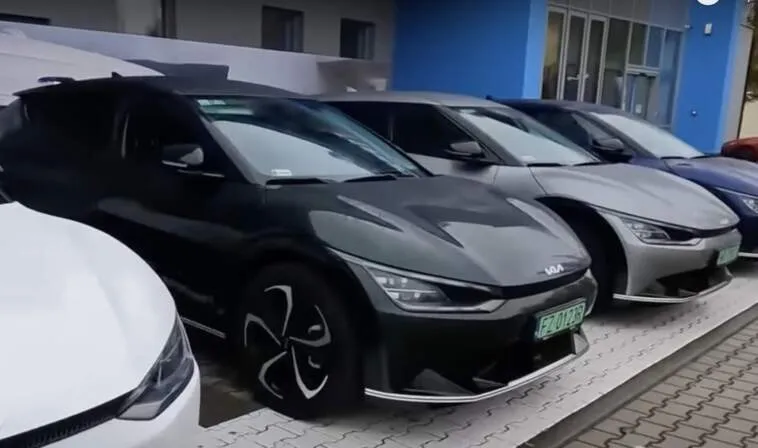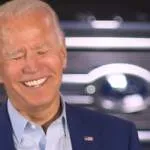(Yahoo) Tucked between the onslaught of Donald Trump and Kamala Harris ads flooding Michigan’s airwaves ahead of the US election is a six-figure TV blitz that, on the surface, has nothing to do with politics. Rather, the 30-second spots are aimed at convincing swing-state voters of the merits of buying electric vehicles.
“Forget the political noise,” the ad says, flashing photos of factory workers at car manufacturing plants over clips of Trump railing on EVs. “EVs mean good American jobs.”
Electric cars have a “Republican problem,” said longtime GOP strategist Mike Murphy, who started an advocacy group that has coordinated with carmakers to speed up adoption in red states where sales have lagged.
Murphy says even a recent influx of appearances from Tesla Inc.’s Elon Musk alongside Trump hasn’t helped reverse decades of derision against plug-in vehicles and the former president’s pledge to end Joe Biden’s EV policies on “day one.”
“Unless we start getting Republicans to buy EVs, we’ll never get to the numbers” the Biden administration has proposed, Murphy said, referring to Biden’s pledge for electric cars to make up half of all US vehicle sales by 2030. Last year, they accounted for just 8%.
EV politics are playing a big role in the presidential campaign in Michigan. Trump is running an ad there that claims Vice President Harris wants to end all gas-powered jobs and that auto workers in the state are at risk of massive layoffs. In an Oct. 4 speech in Flint, Michigan, Harris told the crowd she “will never tell you what kind of car you have to drive.”
Democratic strongholds of California, Colorado and Washington continue to make up the largest share of new EV purchases, with Republican bastions including Mississippi, Arkansas and West Virginia making up the smallest percentage of sales. In each of those southern states, electric cars accounted for less than 3% of new-vehicle sales in the second quarter compared with 27% in California and 18% in Washington state, according to the Alliance for Automotive Innovation.
There are clear geographical and economic elements that influence EV buyers in these areas, but it’s hard to ignore the political divide: Murphy’s data shows that Republicans make up the largest group of new car buyers in the US, but Democrats are 4.5 times more likely to buy an EV.
Meanwhile, automakers are slashing their EV projections. Only 29% of American adults now say they will seriously consider a plug-in vehicle for their next purchase, down 9 percentage points from last year, according to a recent poll from Pew Research Center.
The Hard Sell
Uncertainty about the election is adding to EV hesitancy, said Mark Trudell, the general manager at Extreme Dodge Chrysler Jeep Ram in Jackson, Michigan.“If the election bounces one way, a lot of those government subsidies are going to go away,” he said, referring to the $7,500 federal tax credit for buyers of the Teslas, Rivians and other EVs that meet certain criteria.






